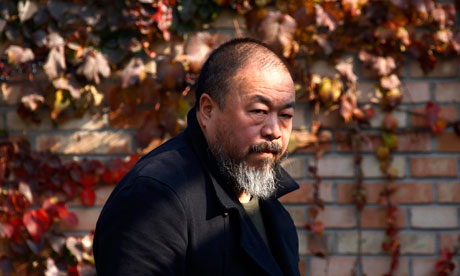By: Jessica Ties
Impunity Watch Reporter, Asia
KUALA LUMPUR, Malaysia – The Malaysian government has used the Internal Security Act to detain thirteen individuals indefinitely and without trial despite an announcement in September that the ISA would be repealed.

According to the inspector-general of police all thirteen of those detained this week were arrested under Section 73(a) of the act which authorizes the police to make a warrant-less arrest of anyone whom they suspect might “act in any manner prejudicial to the security of Malaysia.”
Although the identities of those detained have not been officially released, there are reports that the detainees include businessmen and two teachers and that six of those detained are foreign nationals who are slated to be deported to their country of origin.
The reason for the detentions, according to the inspector-general, is that intelligence and police investigations have uncovered information that those detained were attempting to revive militant activities but did not elaborate on which militant organization they belonged to. Authorities also allege that the suspects were planning to conduct paramilitary training on the coast of Malaysia before going to the southern Philippines and were using Tawau, a Malaysian coastal city, as their transit point for importing weapons from the Philippines.
Asia director of Amnesty International, Sam Zarifi, has criticized the Malaysian government as making “…a mockery of its plan to scrap the Internal Security Act by using it to detain people once again.” Zarifi has called on the Malaysian government to either charge the thirteen detainees or release them.
Voice of the Malaysian People, a rights group, has described the detentions as a heinous act and found it “…regrettable because it contradicts with the announcement of the prime minister of Malaysia” referring to the September announcement of the act’s repeal.
Over the past decade, the law has been used to detain over 100 militant suspects, political opponents and government critics without trial.
The Internal Security Act has been criticized as draconian and contrary to international human rights standards calling for a fair trial, the right to due process and freedom from arbitrary detention.
Human Rights Watch has been applying pressure to the Malaysian government to fulfill their promise to repeal the Internal Security Act. Even after the promise to repeal the act was made, however, the senior minister in charge of legal affairs explained that there was no schedule for action to officially rescind the Internal Security Act but that it might not happen until after the March 2012 legislative session.
For more information, please see:
Borneo Post – Six Foreigners Held for Militant Activity to be Deported – 19 November 2011
The Star – Thirteen Detained in Tawau are Terrorists, Says Hishammuddin – 19 November 2011
Amnesty International – Malaysia: New ISA Detentions Show U-Turn on Reform Promises – 18 November 2011
Arab News – Malaysia Arrests Thirteen Suspected of Militant Activity – 17 November 2011
Channel News Asia – Malaysia Detains Thirteen Over Borneo Militant Group – 17 November 2011
Human Rights Watch – Malaysia: Fulfill Promise to Repeal Abusive Laws – 23 September 2011



